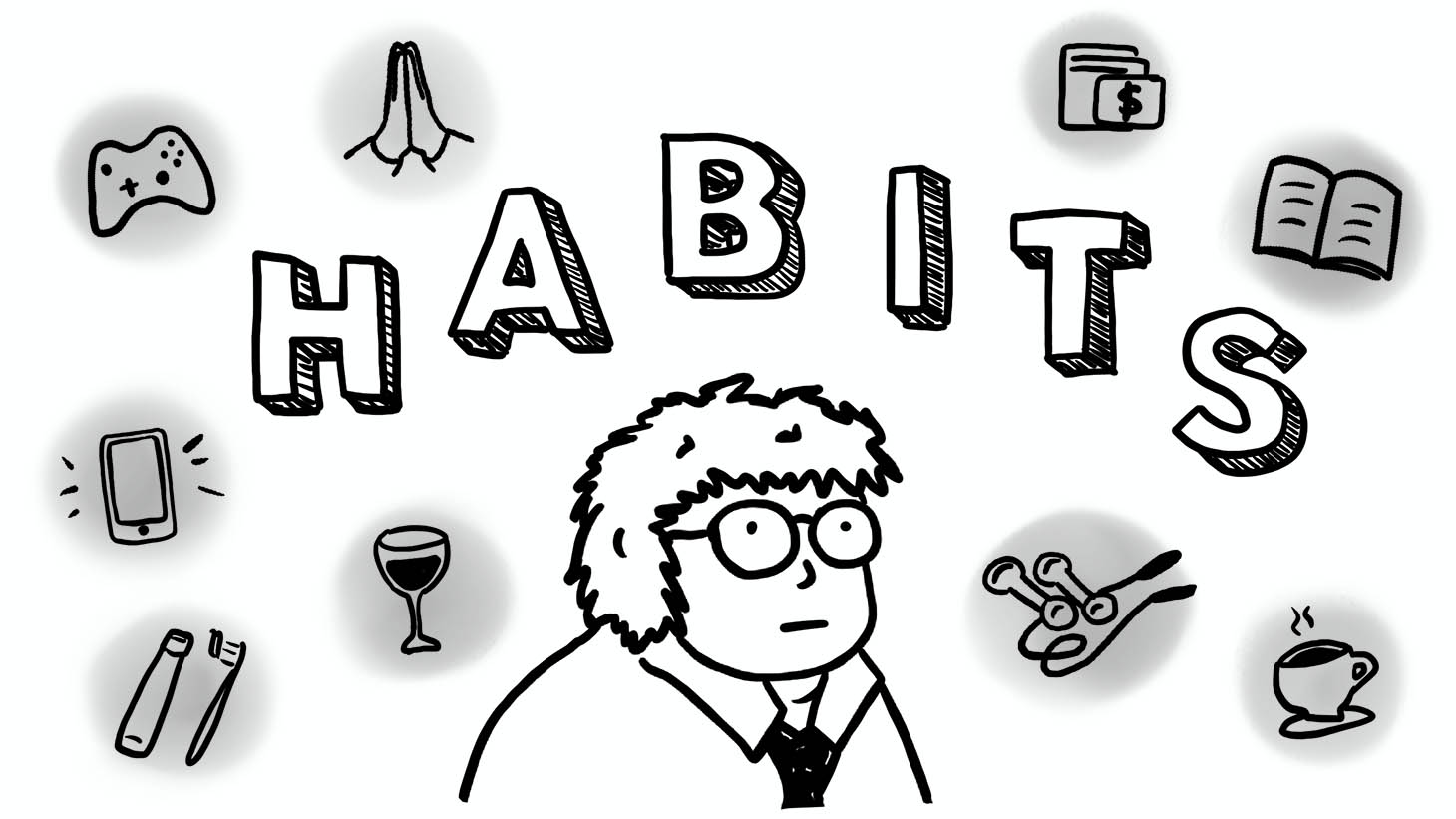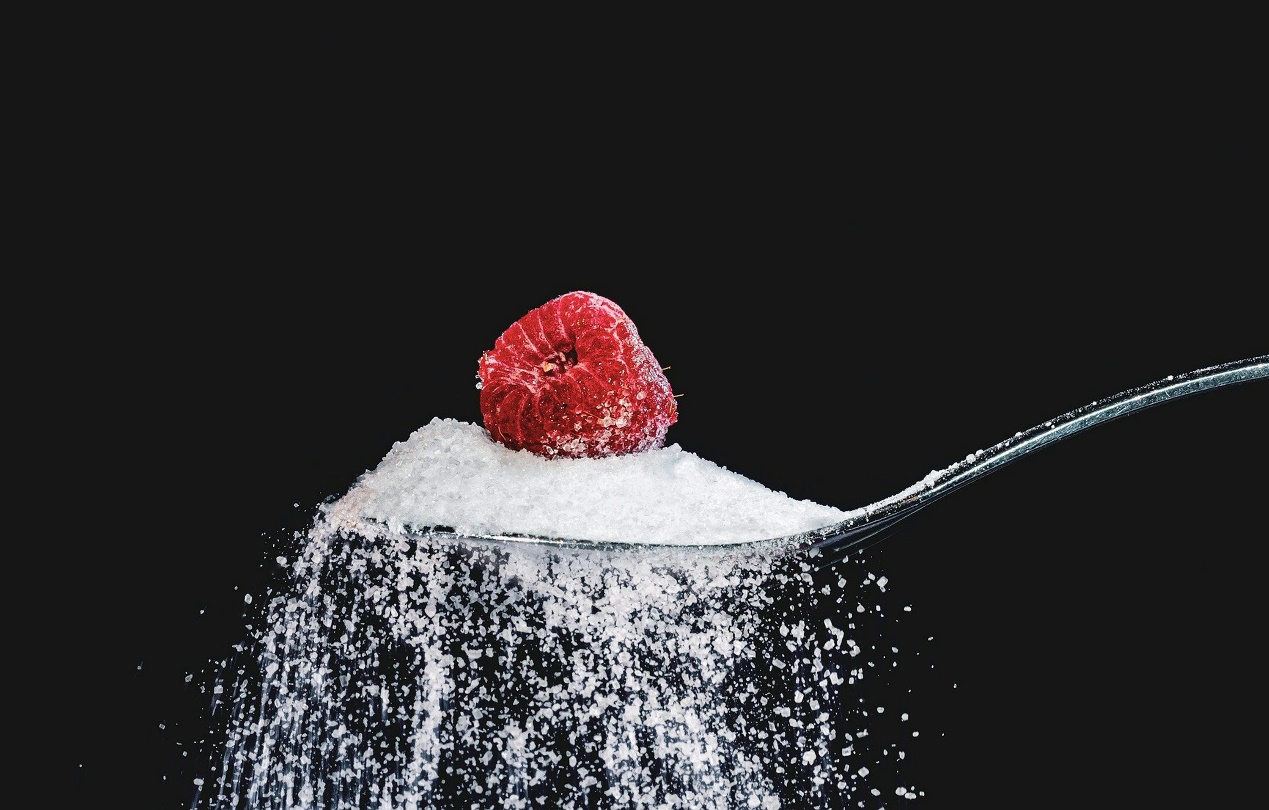When we walk down the supermarket aisle, why is it so hard to resist the pull of chocolate bars, chips, and fries? It feels like a simple choice, but science reveals a deeper story: our brains are not just passive recipients of taste; they are actively shaped by what we eat, particularly sugar and fat.

Our relationship with sugar starts innocently enough. The brain is a high-energy organ, consuming about 20% of the body's energy despite being only 2% of its weight, and it relies heavily on sugar (glucose) as fuel. Since the brain can't store energy, it needs a constant supply from the bloodstream. This fundamental need is wired into our biology. Even just smelling or thinking about something sweet activates reward centers in the brain, promising a pleasant feeling. This is the "cephalic phase," an early trigger. When sugar hits the gut, the "gut-brain axis" kicks in, stimulating nerves that not only prompt immediate increased intake but also cultivate a lasting preference for sweetness. The ultimate reward arrives when sugar reaches the brain, activating the dopamine system and creating that "beautiful feeling" – a powerful signal saying, "This is good, eat more!". Evolution, however, seemingly forgot to install a "limit" button for sugar intake, which has become a significant problem in modern times where sugar is ubiquitous.
The real challenge emerges with repeated exposure. Think of your brain like a complex city map. When you repeatedly travel a certain route, say, craving and eating a sugary snack, that route becomes a well-worn path, eventually a high-speed highway. This is the "habit effect" at play. Research, like a study from the Max Planck Institute for Metabolism Research and Yale University, confirms this. Participants who ate a small high-fat, high-sugar pudding daily for 8 weeks showed significantly enhanced brain responses to sugary and fatty foods. Specifically, the brain's dopamine system, linked to motivation and reward, became highly activated. The brain literally builds new connections that subconsciously learn to prefer and choose these calorie-dense foods. Once these connections are built, they don't just disappear quickly – learning is enduring.

This isn't merely about taste preference; it impacts judgment. This habituation to sugar can erode "associative learning ability" – the crucial skill of judging how much energy intake is sufficient. People accustomed to high sugar tend to pick higher-calorie options, like fries over rice. This creates a vicious cycle, making it incredibly difficult to break free. It leads to a profound insight: attributing severe obesity solely to a lack of self-discipline is unfair. Significant changes in brain connections occur, leaving individuals with limited options beyond eating large amounts. The long-term picture is stark: consistently high sugar not only reinforces unhealthy preferences but can also damage brain blood vessels, raising stroke risk, and certain sugar molecules may harm nerve connections (synapses), potentially increasing dementia risk.

But here's the empowering truth: your brain isn't permanently stuck on this highway. Most people have the capacity to gradually steer their brains away from sugar's pull. Unlike smoking, where abrupt cessation is often advised, a slow, steady reduction in sugar intake is recommended, allowing the brain time to adapt. Think of it as rerouting traffic on your brain's map – it takes patience, but new, healthier routes can be established. The motivation isn't just escaping long-term risks; the short-term rewards are powerful. Within days of reducing sugar, blood sugar stabilizes, sleep improves, and breath freshens. After a few weeks, complexion brightens, weight begins to drop, and crucially, your brain's ability to taste and judge portion sizes starts returning to normal.
Taking control of your sugar intake isn't just about physical health; it's about reclaiming agency over your brain's choices. Understanding how sugar influences your neural pathways is the first step to consciously building new habits and paving healthier routes for your future.





